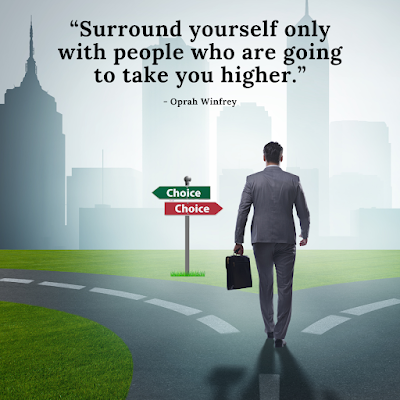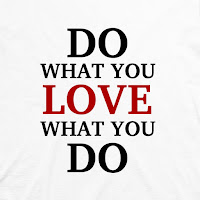The Art of Decision Making
How to make tough choices easier
An average human being makes 35,000 decisions in a day consciously. This could be something as simple as what you are wearing, what route you take to work, or something seemingly important like the strategy you implement to tackle business problems at work. How do we make better decisions?
Why is decision making tough for most people?
Some people can't decide if their life depended on it! I'm no exemption to this but I have never been very indecisive in life. I take a lot of time to think and process things before deciding because I realize making quick decisions is a recipe for disaster. Haste makes waste is very true in this context.
The first step to solving any problem is defining the root cause and thoroughly understanding the problem. What are some of the factors that make the decision-making process difficult?
- Similar Scenarios: Decision-making becomes tough when the choices are not obvious. When one thing is not evidently or clearly better than the other, things get tough. It is hard to choose when everything seems equally comparable overall with pros and cons in both choices.
- External Noise: The world is filled with people and an equal number of opinions. This makes it all the more difficult with each person having different experiences. Consider opinions but never let them affect your choices.
- Internal Noise: Perhaps something that is more harmful than the external noise of opinions is self-doubt. We are all doubting ourselves and for good reason sometimes. Self-doubt, fear of judgment, victimization, and vulnerability all contribute to bad decisions in life.
So what are some simple solutions that would make decision-making a less daunting process?
How to get better at choosing and make the right decisions for ourselves?
What we need to understand first and foremost is the fact that there is no one rule book or guide to life. What works for one person may or may not work for another. Your priorities in life, desires, ambitions, and aspirations are very different to any other person. Choices are very personal and everyone makes mistakes.
Owning our actions and taking responsibility for their consequences is the best way to go. All of these point out that listening to our gut is much better than anything else.
Here's a list of facts that have helped me decide better and my reasoning as to why listening to ourselves is always the better choice (funnily, deciding to listen to your gut or others is the most important decision of all!):
- Elimination Method: Less is more. The smaller the number of choices, the easier the process. Decide what you absolutely don't want. That's the first and best way to make the process easy by at least 50%. That's half the work done right there. This has worked wonders for me. I'm sure a lot of us do this. But if you haven't, try it. It works!
- Silencing the Noise: Start taking opinions as they are. They are opinions only. It is not the truth. Be it positive or negative, weigh them with equal priority. The human mind tends to fear the negative more than getting excited about the positive. Shift this balance to maintain equal priority to both. More importantly, shift your own internal noise and self-doubts to start looking at the brighter side of choices. Frankly, self-doubt hasn't gotten anyone anywhere.
- It is okay to make mistakes: Finally, the most important aspect of decision making is to realize you're not perfect and it is okay to be not okay after you decide something. This thought in itself lightens the burden and your own expectations of yourself. It helps to take things lightly at times. Make mistakes, learn from them and make bigger, better choices.
Why it is always better to listen to your gut:
Frankly, I admit that these are easier said than done. I have been through some daunting decision-making processes myself. I'd like to explain why I think listening to my gut has worked for me. Here's my story with valuable points for you to take away:
My Big Dilemma: There have been times when the odds were stacked against me in terms of the input and opinions that come from outside. My self-doubt added to this which clouded my decision making.
In the end, choose what brings you peace. And more often than not, it will be your gut feeling. Even if your choice is against what others say but brings peace to you, I'd say try it!
My Reasoning: I decided to own my actions and their consequences. I decided to equally weigh positive and negative inputs. Honestly, I got very little positivity from outside and it is hard to get it with fewer people genuinely desiring someone else to succeed.
If I fail, it's fine and it won't matter. Nobody would know! But if I made it big, it would be something to learn for everybody. We just need a little push from the inside. Who knows? You might fly. If not, make sure you have a parachute, haha!
Failing your own way is better than failing after following something someone said. Own your failures. Don't copy your failures too!
My Final Thought: I believe "you can only connect the dots backwards" as mentioned in the famous graduation speech by Steve Jobs. You don't know everything. But maybe your gut does.
If you ask me, I'd like to believe my gut better than anyone else. And it has turned out well for me so far. Even if it doesn't, you can always learn and try again. Not taking a risk might be a greater risk in the long run.
Run, fall, get back up, and try again rather than waiting forever wondering if it hurts when you fall. When you silence the internal and external noises, you can hear the clearest advice from your gut!
Here's the Ted Talk that inspired this blog post: How to make hard choices | Ruth Chang




Comments
Post a Comment